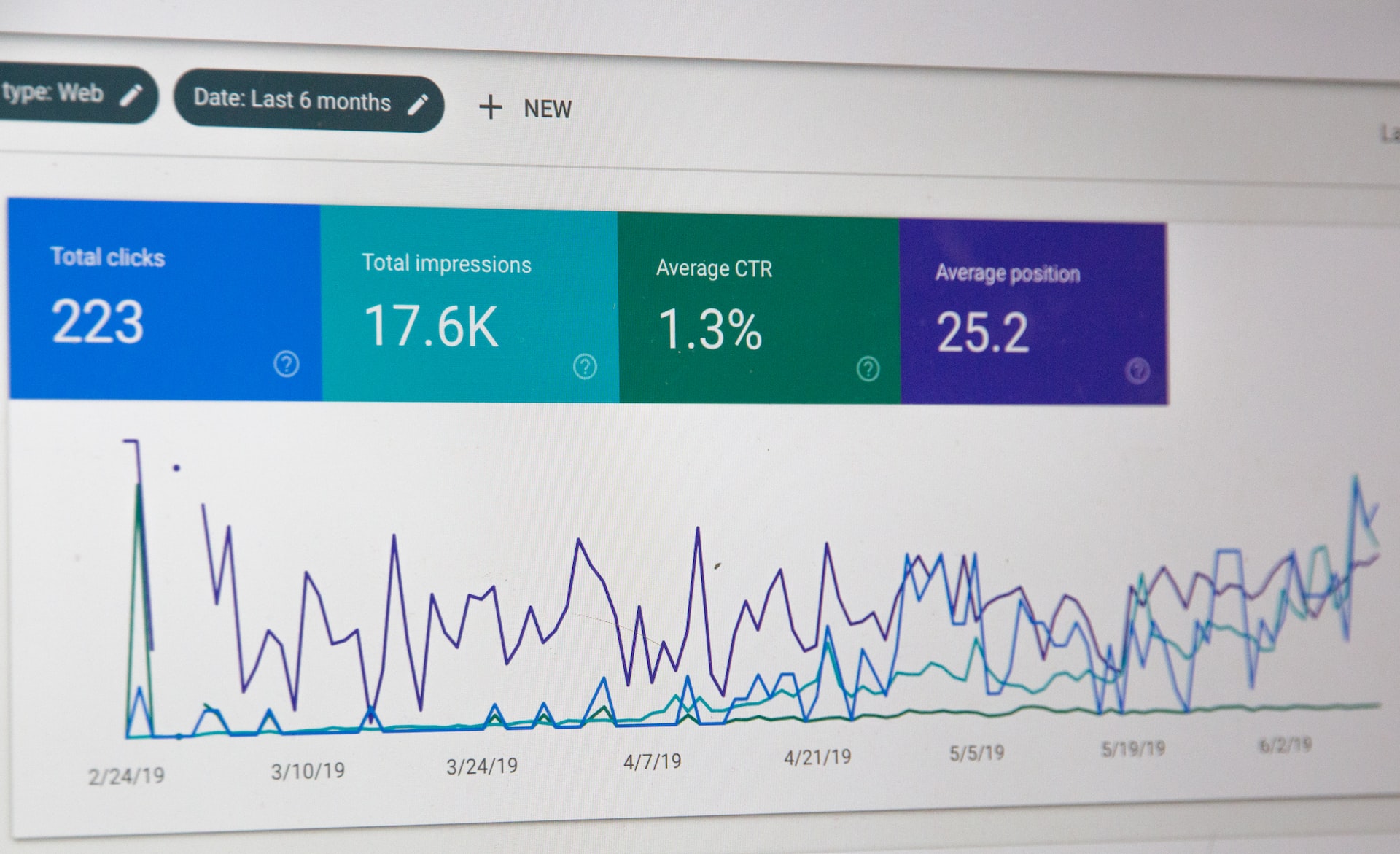8 Performance Goals For Marketing Managers


How to Establish SMART Marketing Goals
- Specific: Goals should be clearly outlined and specific. There should be no room for misinterpretation. An example of a marketing objective would be “growing website visitors by 25%” instead of “increasing website visibility.”
- Measurable: Marketers should be able to track their progress toward goals. In other words, you need to quantify goals. “We have grown our Instagram followers by 15%” is a better metric than “Our Instagram presence is growing.”
- Achievable: Marketing manager goals can be challenging but achievable. Easy goals won’t inspire teams and unrealistic goals will demotivate employees. What you need is a fine balance between the two.
- Relevant: A relevant marketing goal will get support from the business leadership. It will also be in alignment with the larger business objectives. Moreover, relevant goals can make a tangible difference to an organization’s bottom line.
- Time-Bound: With a timeline, you can organize your goal into subtasks and monitor their progress. You can easily know if any task is facing delays and take appropriate measures. This helps avoid project delays.
8 Best Marketing Manager Goals Examples
1. Enhance Brand Awareness
2. Create High-Quality Leads

3. Increase Brand Engagement
4. Determine Your Marketing Targets By Channel
5. Boost Customer Value
6. Increase Traffic

7. Stabilize and Improve Brand Authority
8. Increase Revenue
How to Measure Marketing Goals
- Lead Generation: This includes the total number of leads, leads from specific channels, cost per lead, and the increase in leads.
- Website Metrics: New website visitors, time spent on specific landing pages, page views per visit, and bounce rate are some website metrics you can use.
- Market Share: This is your brand’s share of the total market or specific markets that you define by certain parameters.
- New Customers: This metric includes the number of new customers, percentage increase in new customers, conversion rate, and cost per customer.
- Lifetime Value of a Customer: This shows you how much someone spends on your product or service over the lifetime of their relationship with your company.
- SEO Performance: Track your total organic traffic, the number of keywords your website ranks for, and your search engine results page position with this KPI.
- Conversion Rate: Know how many users perform the desired action with this metric, from signing up for your emails to buying from your online store.
- Growth in Sales: Discover the growth of your customers and revenue with this KPI.

Improve Your Marketing Management Skills
- Building B2B Marketing by Emily Kramer to learn how to create effective marketing strategies, lead effective teams, and drive results.
- AI-Powered Sales by Matt Almassian for how to use AI to influence customers and achieve unprecedented sales.
- Power Writing by Shaan Puri for how to write compelling blog posts, emails, and landing pages.
- StorySelling - Storytelling To Stand Out And Boost Sales by Philipp Humm for how to use storytelling to influence and win over clients.
- Zero to 10k Audience Accelerator by Rob Lennon for quickly creating online communities.
- Brand Marketing in 2023 Crash Course by Amanda Goetz will teach you the best practices in brand marketing.
Related Courses
Communication Engineering
Think Like an Expert. Talk Like an Executive. Thrive in the AI Era.
OKRs with Radical Focus: Moving from Goal-Setting to Goal-Achieving
Don't just set team goals; achieve them.
Build Your AI Marketing Team
Build AI automations that write, analyze, and execute—helping you move faster, work smarter, and deliver bigger results.
Beyond Your Limits
Engineer Your Life and Career to Achieve More Without Stress While Enjoying a Positively Unfair Advantage Through Goal-Setting!
Growth Modeling for Marketing Leaders
Annual planning is here 😅. Learn how to build and use a growth model to set strategy, navigate trade-offs, and secure your 2025 budget.
Strategy Series: Lead Generation & Follow Up
Let's Build Your Modern Marketing Plan for 2025 Together.
You might also like

Top 10 Marketing Courses You Should Take In 2023

Growth Marketing: The 2023 Definitive Guide

Product Adoption: How to Get More Users (and Keep Them)
